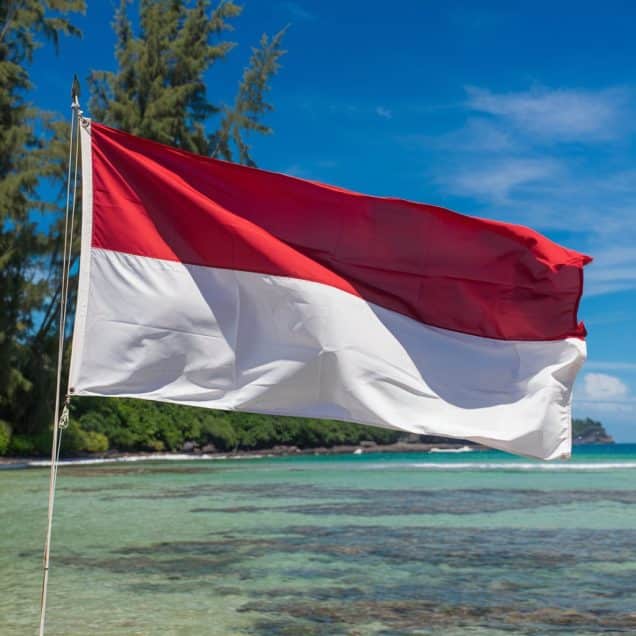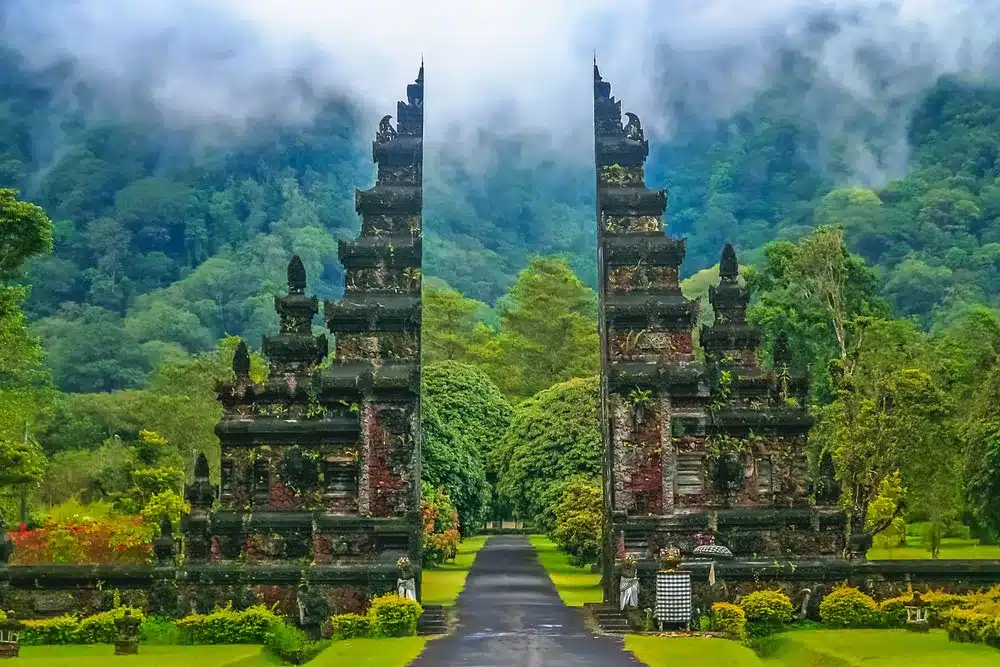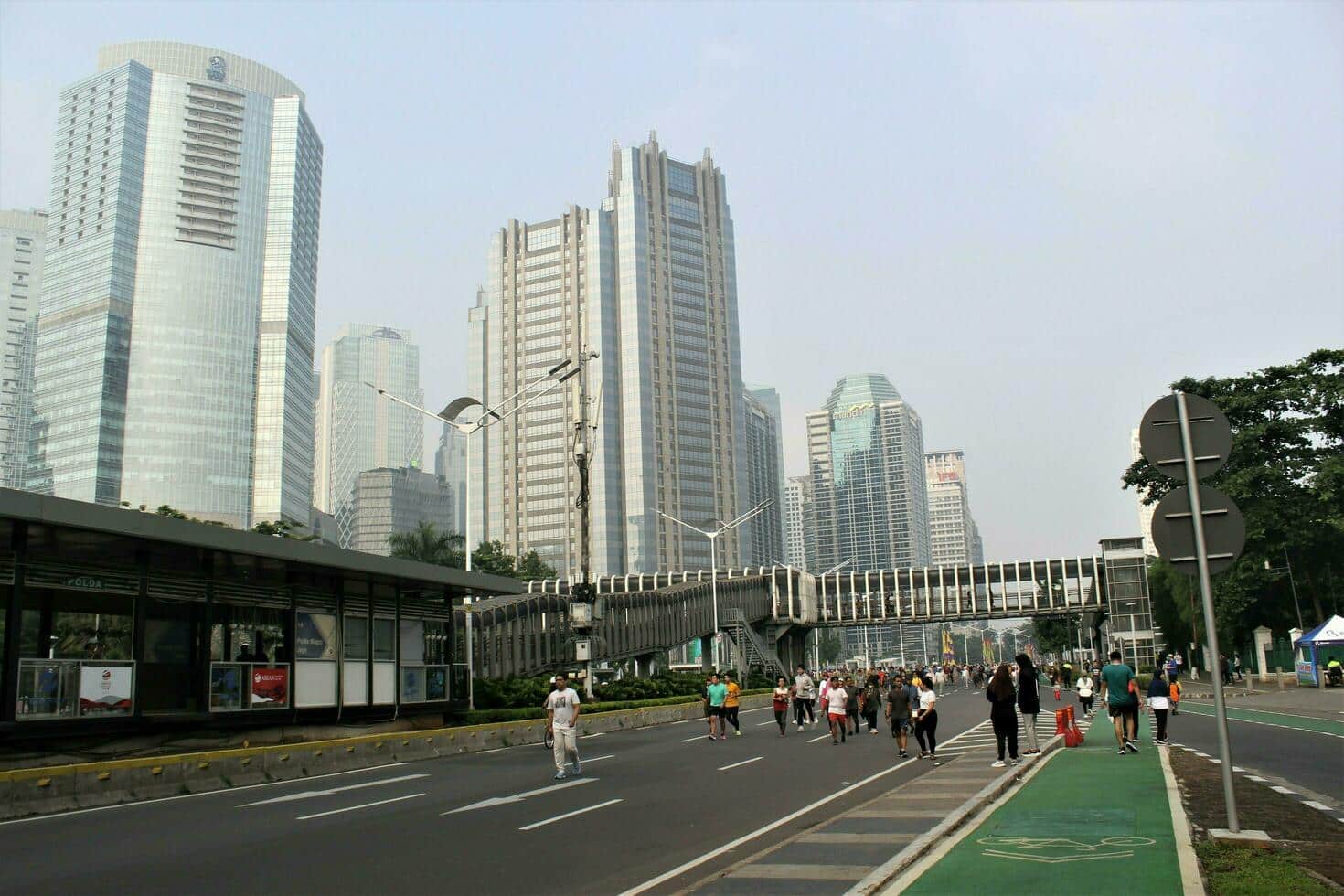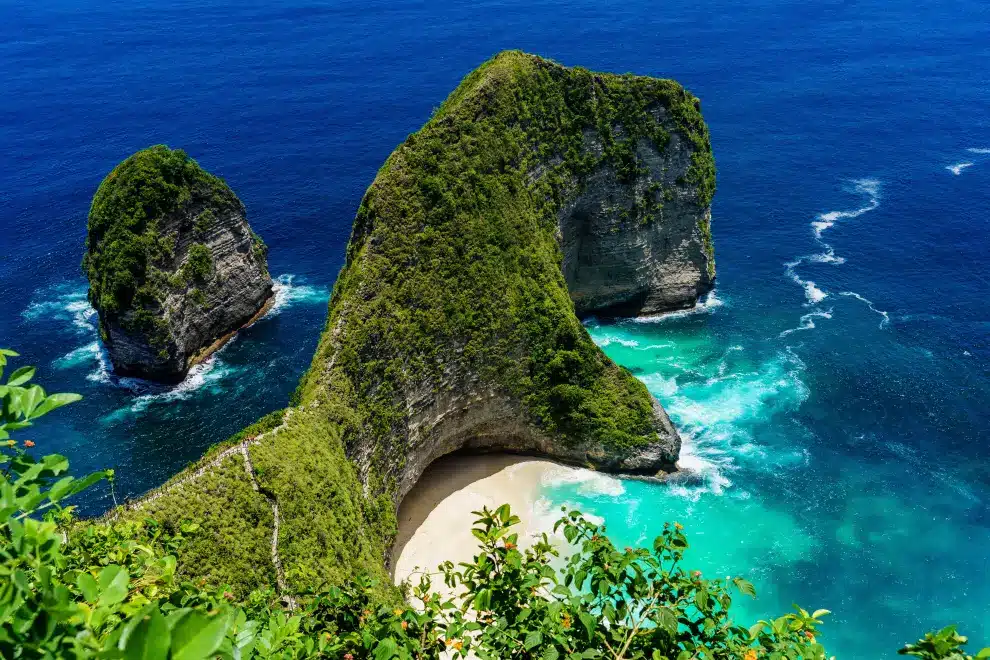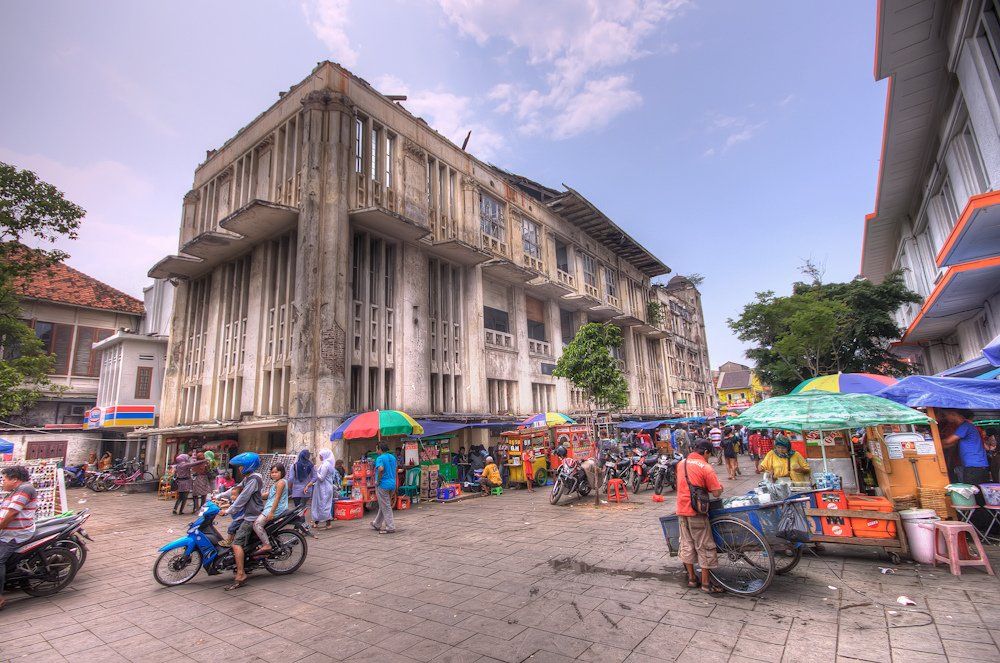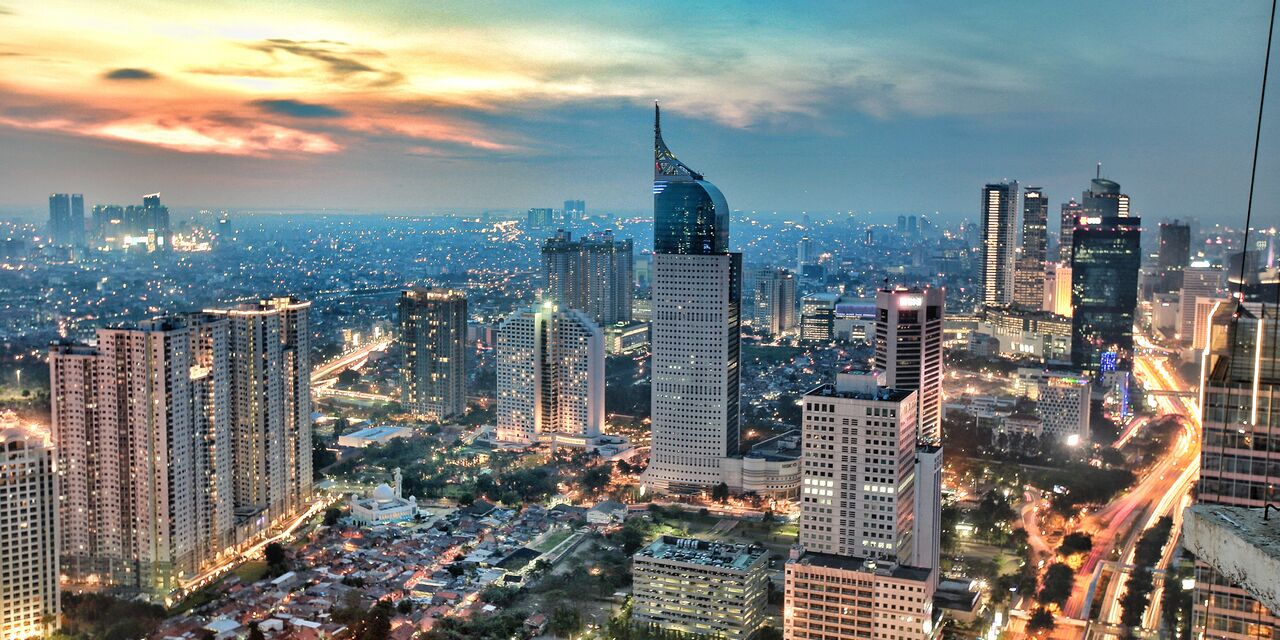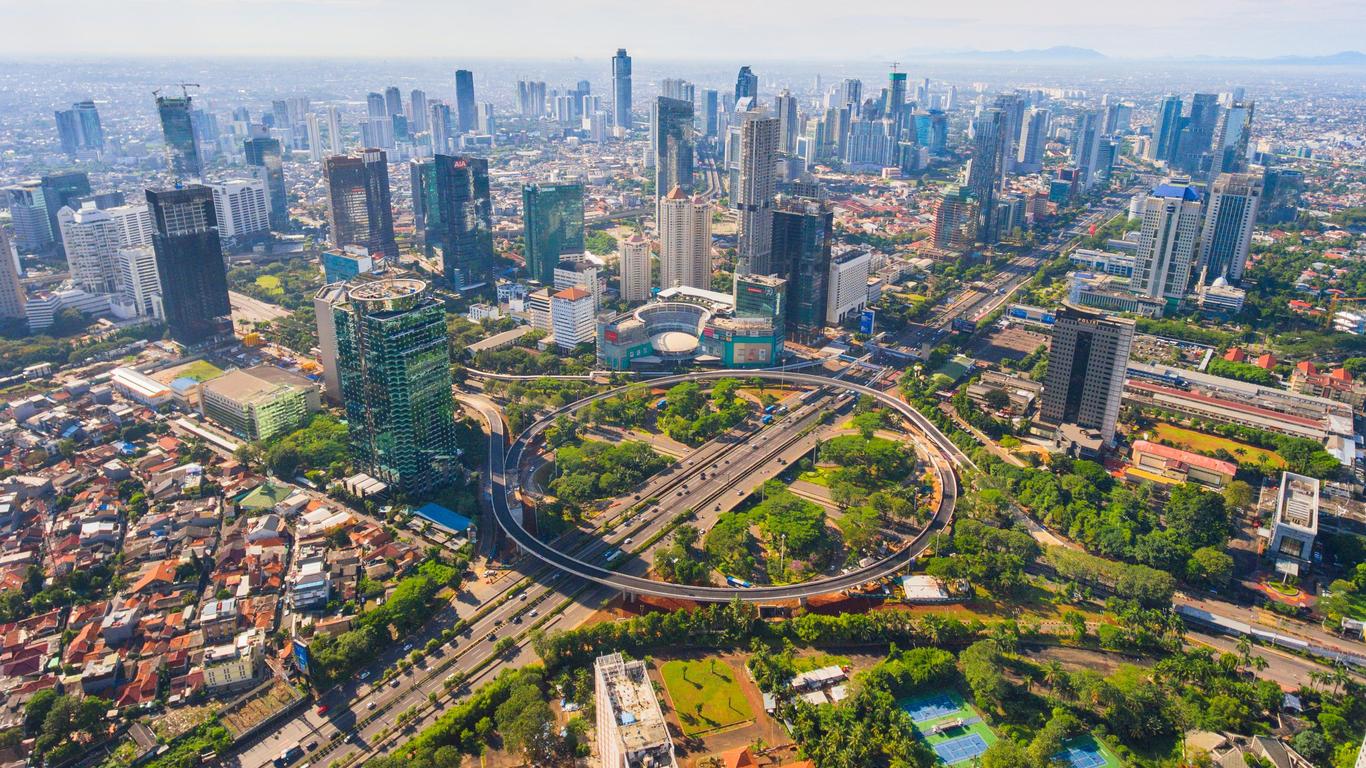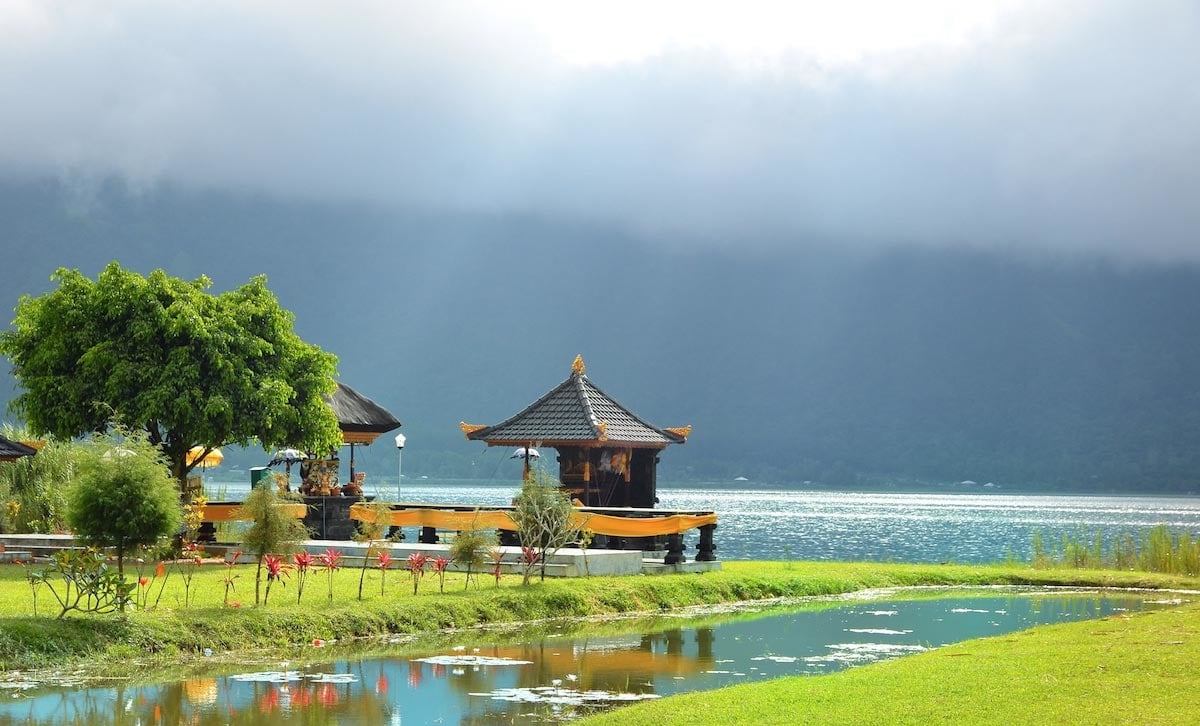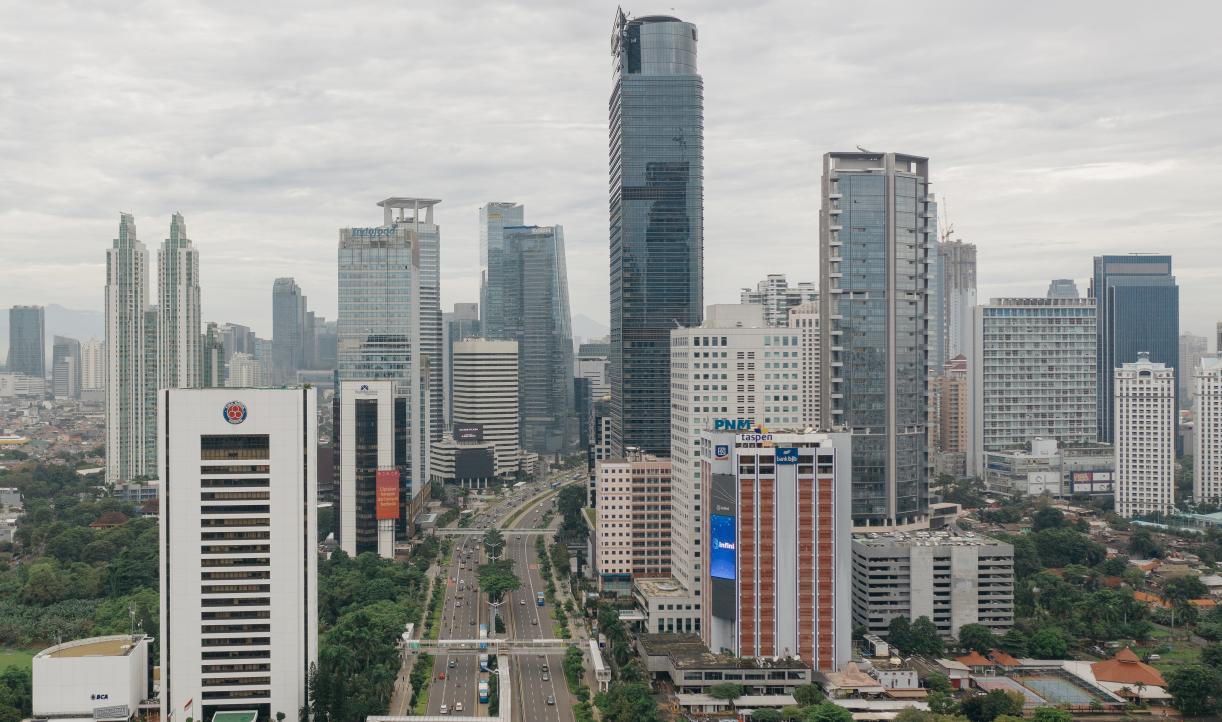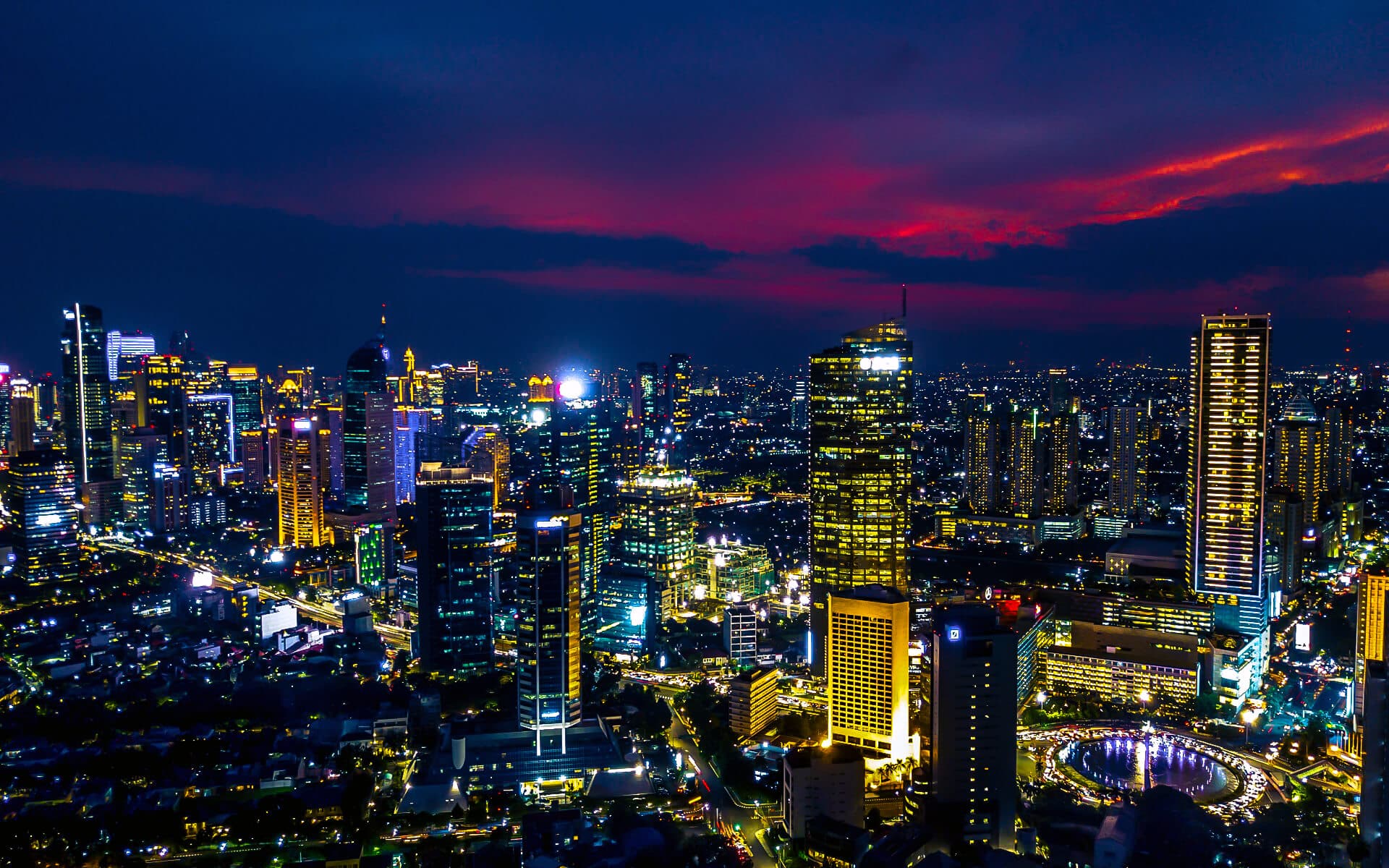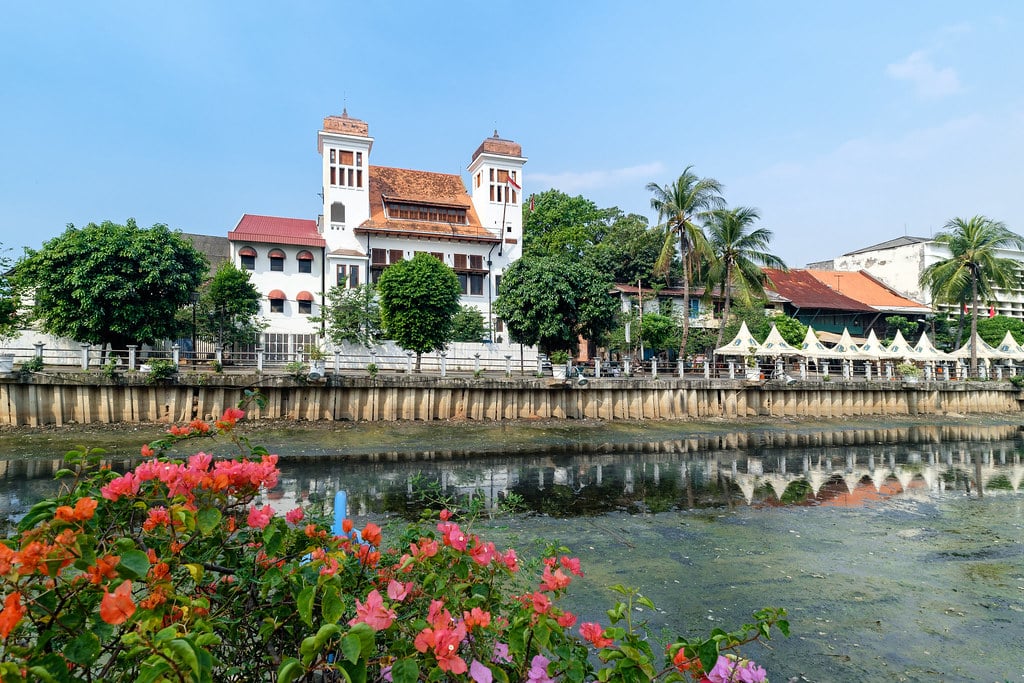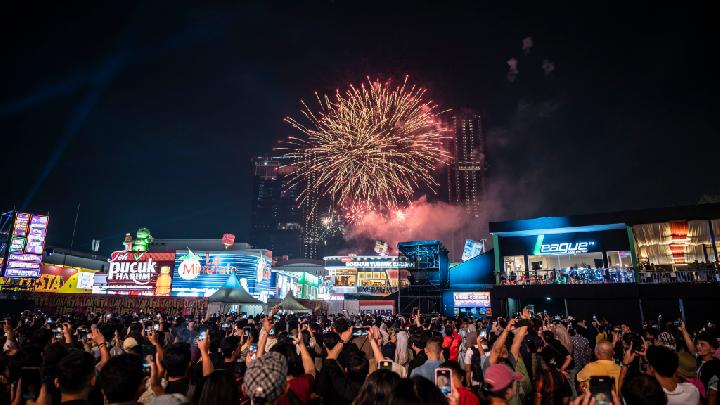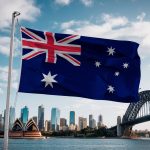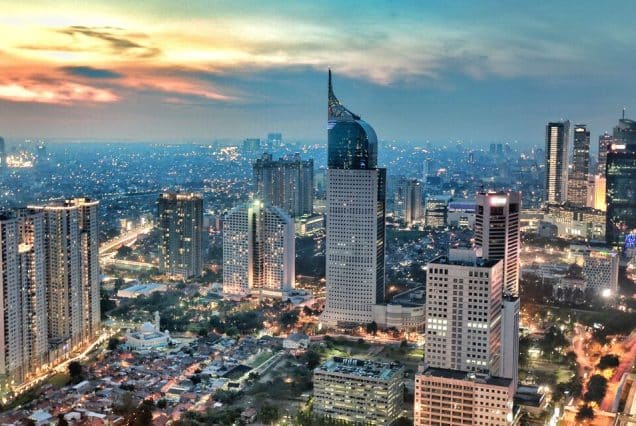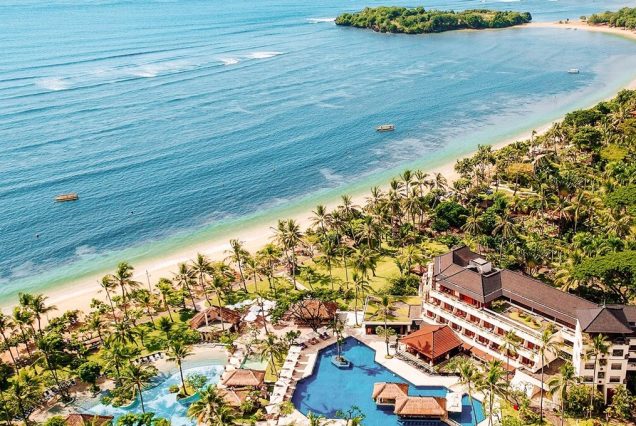

Discover Indonesia
Sights
Map
Info
Indonesia is a captivating destination known for its natural beauty, rich cultural heritage, and diverse islands. When planning your trip, it’s important to understand visa and passport requirements, transportation and accommodation options, as well as dining and cultural practices. Additionally, knowledge about the local cuisine, shopping opportunities, and language barriers will make your visit more enjoyable.
Visa and Passport Requirements
Visa-Free Travel: Citizens of many countries can enter Indonesia for up to 30 days without a visa for tourism purposes.
Passport Validity: Your passport must be valid for at least six months from your entry date into Indonesia.
Visa Extension: Visitors wishing to stay longer than 30 days can apply for a visa extension at local immigration offices.
Transportation
Taxis and Gojek: In major cities, taxis and app-based services like Gojek are widely used and convenient.
Motorbike Rentals: Renting a motorbike is common, especially in Bali, and offers a flexible way to explore.
Flights and Ferries: For inter-island travel, domestic flights and ferries are popular and readily available.
Accommodation
Luxury Resorts: Bali, Lombok, and other tourist areas offer world-class luxury resorts with extensive amenities.
Boutique Hotels and Hostels: Boutique hotels and affordable hostels cater to a wide range of travelers, particularly in popular areas.
Villas and Apartments: Rental villas and apartments are popular for longer stays, providing more space and privacy.
Dining
Local Dishes: You can savor Indonesia’s famous dishes like nasi goreng, satay, and rendang.
Street Food: Street vendors offer authentic Indonesian flavors at low prices; Jakarta and Yogyakarta are famous for their street food scenes.
International Cuisines: In tourist areas, you’ll find a variety of international cuisines to suit different tastes.
Cultural Considerations
Religious Sensitivity: Indonesia is home to the world’s largest Muslim population; showing respect during mosque visits and religious holidays is important.
Dress Code: Modest clothing is expected, especially when visiting temples; shoulders and knees should be covered.
Handshakes: Handshakes are common, but it is preferred not to use the left hand, as it is traditionally reserved for personal hygiene.
Language
Bahasa Indonesia: The official language is Indonesian; English is commonly spoken in major cities and tourist areas.
Translation Apps: Using language apps can help with basic communication and translations.
Technology and Communication
Wi-Fi Access: Wi-Fi is widely available in hotels, cafes, and restaurants, though connection quality may vary.
Local SIM Cards: Local SIM cards with affordable data plans are easy to obtain, making communication cost-effective.
Shopping and Payment
Credit Cards and Cash: Credit cards are widely accepted in major cities, but cash is preferred in rural areas and small businesses.
Bargaining: Haggling is common and expected in traditional markets and street stalls.
Local Products: Popular items include batik textiles, handmade jewelry, and wood carvings, offering unique souvenirs from Indonesia.

